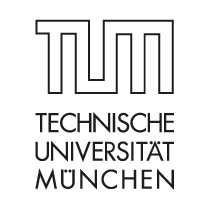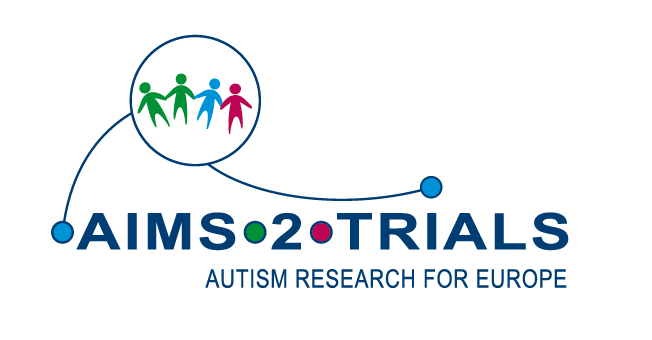Technical University Munich
Klinikum rechts der Isar der Technischen Universität München, München, GermanyGeneral Information
The Technical University Munich (TUM), one of the most prestigious public German universities was founded in 1868. It has its aim to conduct high-calibre research on an international level within twelve faculties with approximately 20.000 students and a number of Nobel Prize winners among its former faculty. The Faculty of Medicine (TUM-MED) has approximately 4000 employees and 1000 beds with the task of delivering high quality research (basic and clinical), training of medical doctors and high-quality care of patients. The department of Psychiatry and Psychotherapy of the TUM is embedded in the university hospital of TUM. It has 100 inpatient beds, an outpatient unit, approximately. 30 medical doctors and psychologists. Its research spans from imaging to clinical psychopharmacology and psychotherapy. Its working group of “Evidence-based medicine in psychiatry and psychotherapy” is led by Prof. Leucht. It comprises a team of approximately 10 medical doctors, psychologists and PhD students. The working group has exhaustive experience in all important types of systematic reviews such as pairwise meta-analysis, Cochrane reviews, network meta-analysis, dose-response meta-analysis, individual patient data (IPD) meta-analysis and overviews of reviews. It has been involved in numerous clinical trials in mental health, many of which were led by TUM as principal investigator and sponsor. The team has also published extensively on methodological problems in clinical trials in mental health, such as definitions of response and remission, dropout rates, different statistical models to analyse such trials and various sources of bias. Finally, the team leader led or participated in the development and assessment of national and international treatment guidelines.
Role in AIMS-2-TRIALS
TUM-MED will be involved in the Testing New Medicines project. It will produce a meta-analysis (a statistical review of multiple studies to date) of randomised, placebo-controlled trials of pharmacological interventions in autism spectrum disorders (ASD). Meta-regression (univariable and multivariable) will be applied to identify methodological factors that contribute to drug-placebo differences in ASD trials. The results should inform the trial design for testing of a new medicine in phase 2 of the project by potentially reducing placebo effects and selecting appropriate outcomes. Meta-analysis will be applied to identify which existing treatments have potential for being effective for the core symptoms of the disorder. State-of-the-art methodology following PRISMA guidelines will be applied, in brief: development and publishing of a protocol, comprehensive literature search, building of a database, study selection and data extraction independently by two reviewers, quality assessment, meta-analytic calculations and publication. Moreover, an electronic meta-analytic database will be produced which will be made freely available to the public. This will allow continuous updating the meta-analysis by TUM-MED or any other parties.

Stefan Leucht
Professor

Irene Bighelli
Postdoctoral Researcher

Anna Cerasco
Resident Medical Doctor

Maximilian Huhn
Medical Doctor

Marc Krause
Research Assistant and PhD Student

Jingxia Lin
Research Assistant Professor

Spyridon Siafis
Research Assistant









